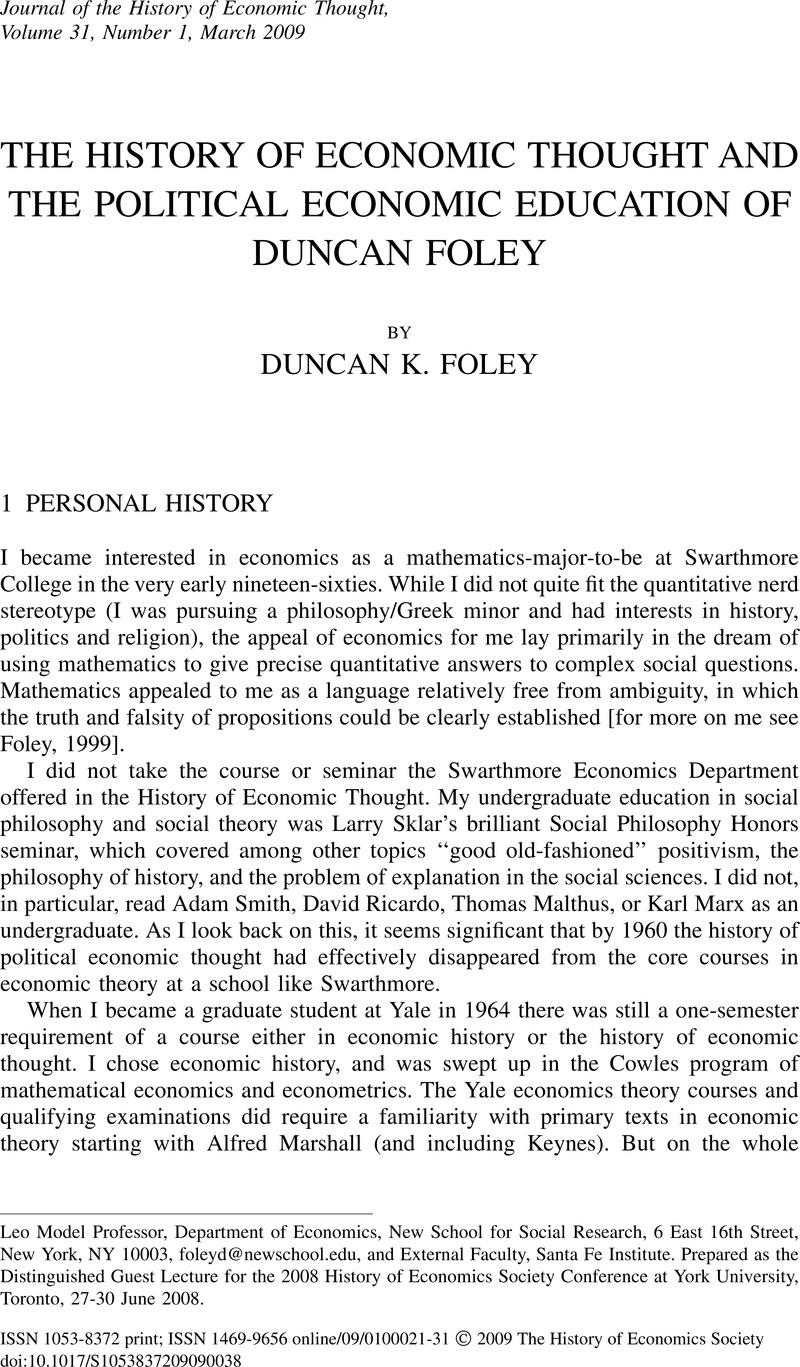Crossref Citations
This article has been cited by the following publications. This list is generated based on data provided by Crossref.
Angeli, Eduardo
2014.
A importância da História do Pensamento Econômico e do pluralismo metodológico em economia com base na perspectiva da Escola Austríaca.
Nova Economia,
Vol. 24,
Issue. 1,
p.
33.
Lechman, Ewa
2015.
ICT Diffusion in Developing Countries.
p.
29.
Angeli, Eduardo
2018.
Caminhos da Escola Austríaca: relação com ortodoxia, engajamento e produção de novo conhecimento.
Nova Economia,
Vol. 28,
Issue. 2,
p.
681.
Weber, Isabella Maria
and
Semieniuk, Gregor
2019.
Including A Symposium on 50 Years of the Union for Radical Political Economics.
Vol. 37,
Issue. ,
p.
31.
Edwards, José
Giraud, Yann
and
Ledezma, Ivan
2024.
THE HISTORY OF ECONOMICS SOCIETY BULLETIN AND JOURNAL OF THE HISTORY OF ECONOMIC THOUGHT (1979–2023).
Journal of the History of Economic Thought,
Vol. 46,
Issue. 4,
p.
636.



